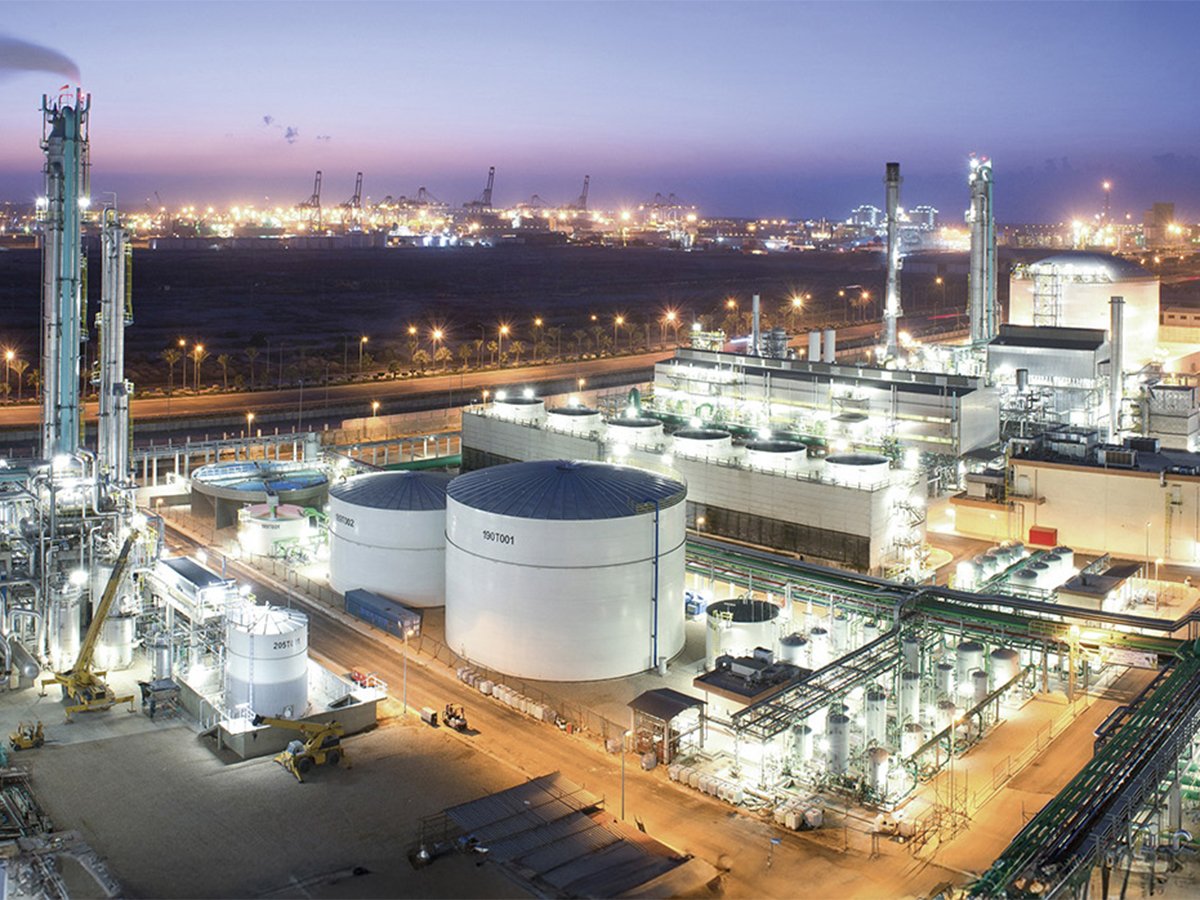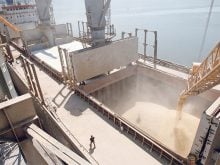BRANDON – Does biodiesel production have a booming future?
Definitely yes in the short term, considering the number of plants being built.
But maybe not in a longer term if there is a backlash against humans going hungry because food is being turned into fuel, German analyst Thomas Mielke told Manitoba canola growers.
That may mean a rocky road ahead for farmers who rely on a booming biodiesel market to make their oilseed crops profitable.
Mielke said European biodiesel demand is huge and has outpaced domestic supply, but some badly located biodiesel production plants are likely to go bankrupt in the next couple of years. That will slightly reduce biodiesel production in Europe.
Read Also

Genesis Fertilizers seeks government funding
Genesis Fertilizers is actively seeking funding from government and a strategic partner. The company dispelled a rumour that DL E&C has abandoned the project.
Biodiesel’s own success could also spell more serious problems.
As many biodiesel plants go into production around the world, oilseed prices will spike, cutting biodiesel producers’ profits and discouraging further investment in facilities.
That may cause biodiesel production to stagnate once it hits a certain level.
But the long-term threat to biodiesel pro-
duction, Mielke speculates, comes from the possibility that the wave of political support that has caused the biofuel boom could evaporate if the world’s poor start going hungry because oilseeds and grains are becoming too expensive.
People in Europe and elsewhere have supported biofuel production for environmental and fuel security reasons, but those causes may not seem as attractive if they create TV images of “starving babies in Africa,” he said.
That could set up a double liability for oilseeds: a fall off in biodiesel production just as new oilseed supply, particularly cheap Asian palm oil, hits the market. Palm producers in Malaysia and Indonesia are expanding their plantations in expectation of growing biodiesel demand.
“There could be a situation of oversupply if energy policies are reversed,” said Mielke.
“If more and more governments try to reverse previous decisions and reduce biodiesel production, reduce the regulation of mandatory mixing in order to bring vegetable oil prices down, then it would create an oversupply because you cannot immediately stop palm oil production once planted.”
A palm tree has a 20 year production lifespan and today’s plantation expansions could spell trouble if the biodiesel market fails to expand as expected.
That is the threat to canola: cheap palm oil, which already undercuts canola oil in many markets, may become much more available and dominant in years to come, dragging down the entire vegetable oil complex.
“At this moment there is the need of the market to expand palm oil plantings substantially and government policies in Indonesia, for example, to promote additional plantings for future bioenergy requirements,” said Mielke.
“But if all these come into operation after three years, when biodiesel policies are scaled back because prices have risen too fast in 2008, then you could have a situation where palm oil becomes a competitor and a threat for rape oil and canola oil producers because production costs of palm oil are much, much, much lower.”















